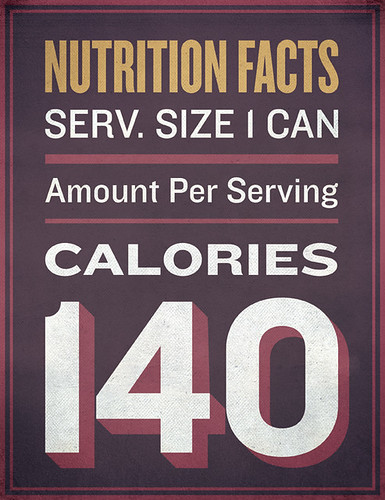By Richard Labaki
Several friends and clients regard me as some sort of a “health cop” and are always worried to eat unhealthy snacks/meals when I am around. Some even joke about my being so strict in public only to secretly binge on bad choices in the dark corners of a fast food restaurant. Well I have a confession to make: There is some truth to this joke. I do cheat and eat unhealthy stuff. However, there are viable reasons as to why I do it. But first, let me tell you about that fateful day when I decided to go super clean and avoid bad choices entirely. Foods that I know are lousy for health were completely omitted from the daily menu. Sugars, bad types of oils, wheat products (bread, cakes, croissants,) corn and others were no longer consumed. And in the beginning, this felt great; body-fat percentage was dropping consistently, energy levels were increasing and mood was brightening! I was finally doing everything right and implementing all the knowledge that I spent years accumulating through research. But then something peculiar began to emerge. My system became hypersensitive to anything that is toxic or remotely unhealthy. The slightest exposure to bad compounds – be it through food, water or air – was instantly felt in my body. The symptoms ranged from headaches, tummy aches, nausea and others. I could no longer eat at restaurants, even if my selection was more or less healthy (there is no control over the ingredients used in restaurants.) Then I remembered something that I learned in a course I took during my clinical nutrition studies.
Professor Hans Selye described a 5-stage process in 1956, which he named the General Adaptation Syndrome. The first stage is the “Initial Response” – your first response to any substance is the best indicator of whether or not it suits you (your first cup of coffee, alcoholic beverage, sugary treat and others.) The second stage is “Adaptation” – your body learns to adapt to the substances, which it cannot tolerate or which cause a certain degree of harm. An example would be the lessening of symptoms caused by smoking a cigarette (no more coughing) or drinking coffee (no more heart palpitations.) What is happening at this level is that the body tries to protect itself; nevertheless, this adaptation places a certain strain on the body. Third stage is “Exhaustion” – at this level the body is no longer able to cope with the continuous exposure to the nasty compound. You simply become sick and the diseases could take on various shapes (from cardiovascular problems to cancer and everything in between.) This is when most people seek professional help. Fourth stage is “Recovery” – your body heals when you limit or omit altogether the exposure to undesirable elements/substances. You simply try to wean yourself off all things to which you are addicted or allergic (with the help of a therapist who would administer the right natural supplements and devise the proper food regimen.) The fifth and final stage is “Hypersensitivity” – this in effect is going back to stage one after your body is healthy again. And this is when you may seem to be hypersensitive to substances that did not affect you negatively before (although they were surely doing harm without your noticing it.) Certain alcoholic beverages, ordinary foods, dairy products and fumes could start causing some reactions in your body.
And it was at this stage that I started experiencing this hypersensitivity. Now this phenomenon would theoretically go away or lessen after being healthy for a while. Yet, I personally believe that a better approach would be to allow yourself a certain degree of exposure but in a regulated manner. Doing so would keep you somehow balanced. After all, we live in a heavily polluted world and there is no escaping toxins or bad food additives completely. And one way to regulate your exposure is by allowing yourself to cheat once every five or six days. However, you surely need to avoid anything that causes severe allergic reactions. Moreover, you need to control your portions. Another benefit of cheating once a week is the positive effect it has on your commitment levels. Knowing that you will be able to eat that which you desire at a given day will motivate you to remain fully clean for six consecutive days. Psychologically, you will be more compelled to adhere to your healthy habits. And this is why I constantly urge my friends and clients to cheat in a controlled fashion every week. The cheating could span the entire day or be limited to a certain food item you crave the most – the choice is ultimately yours. So the next time you catch me at a restaurant devouring unhealthy meals and some wickedly mouthwatering dessert, know that it is officially my cheat day!




